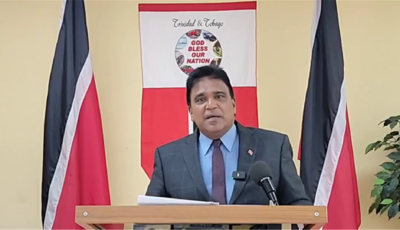Highway makes good fiscal sense
Dear Editor:
On October 6, 2014, Lawrence Summers, the Charles W. Eliot Professor of Economics at Harvard and a former US Treasury secretary, wrote a column in the Financial Times commenting on the fiscal benefits of public spending. He expressed pleasant surprise at the about turn of the International Monetary Fund’s (IMF) about turn stance on public spending in their recently published World Economic Outlook.
The IMF has long been a stalwart advocate of austerity as the route out of financial crisis, and every year it chastises dozens of countries for their fiscal indiscipline. Fiscal consolidation, a euphemism for cuts to government spending, is a staple of the fund’s rescue programmes. However, in its flagship publication, the IMF advocates substantially increased public infrastructure investment, throughout much of the world. It asserts that when unemployment is high, as it is in much of the industrialised world, the stimulative impact will be greater if investment is paid for by borrowing, rather than cutting other spending or raising taxes. Most notably, the IMF asserts that properly designed infrastructure investment will reduce rather than increase government debt burdens. In short, public infrastructure investments can pay for themselves.
The IMF finds that a dollar of investment increases output by nearly $3. The budgetary arithmetic associated with infrastructure investment is especially attractive at a time when there are enough unused resources that greater infrastructure investment need not come at the expense of other spending. In other words, the crowding out effect would be minimised.
This is an interesting and very powerful conclusion. It would imply that the Point Fortin highway makes good fiscal sense. The budget estimate is $6.1 billion. According to the IMF, this would translate to over $18 billion to this country. And this is not counting all the other benefits the highway will bring.
Ricardo Jimenez
via email






